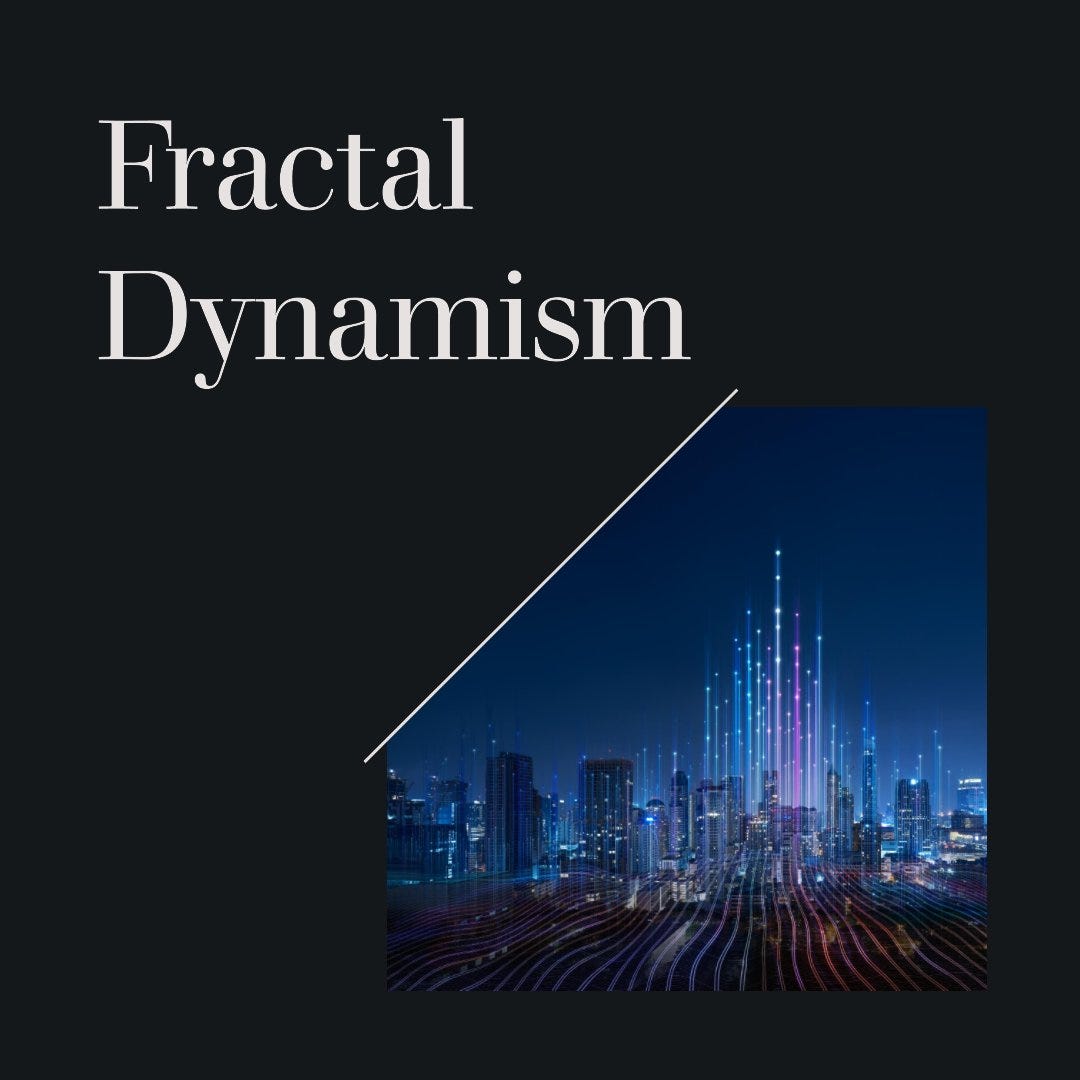Fractal Dynamism
American dynamism + fractal localism + network states
I listened to Elbridge Colby making a point that the US needs to take China very seriously, and prepare for war, in order to avoid one.
Since 2007, I have worked on dozens of foreign projects financed by Americans in the EMEA region. At one of Slovakia’s largest foundation we had a whole department called Development and Democracy Abroad.
We had a diversified funding and I worked on the US-funded democratization projects mostly as a finance manager, and my main focus were startup ecosystem development projects in Kenya funded by SlovakAid. In 2019, the department got closed and I finished our last project and left as the last member of our team.
Since Covid, I have written regularly about the ideas of Balaji Srinivasan, like the network state.
Balaji sees hard power as being about building stuff, not destroying stuff. And he shows many graphs and examples where China can build infrastructure 100x faster:
”China builds a train station in 9 hours. California can’t build a bus shelter with 8 departments.”
The US, and the West more broadly, can have an advantage in high-tech, like chips and fabs, but China can “screw us on the screws” and therefore it is not wise to pick a fight with the world’s factory, thinks Balaji.
What could work to defend Taiwan and (the classical) liberal democracy, I think, is the combination of American dynamism with fractal localism and Balaji’s network states.
We can call this strategy Fractal Dynamism. It's not just supporting American dynamism, European dynamism and Indian dynamism. It’s also creating special innovation zones in small towns like Voi, Kenya.
We saw how Sequoia has recently split into three VC firms - spinning off Chinese and Indian portfolio. We saw how during Covid some US states formed interstate compacts and some Italian villages raised temporary borders - not letting people in. We also saw a first pop-up network state, like a month-long experiment by VitaDAO called Zuzalu in Montenegro.
When we lean into these weak signals and emerging trends and recombine them, we get something like Fractal Dynamism. The technologically progressive strategy is simple, but it involves some Overton whales and pragmatic antagonism. But for starters:
1. Pursue fractal localism, not global harmonization.
Let India be India, let Red America be Red America, support special innovation zones.
2. Support friendshoring to India.
The country will be the next torch-bearer and baton-bearer of democracy.
3. Embrace American dynamism & pro-tech policy.
Stop being against AI, Crypto, Social.
4. Less USAID, more US VC.
Focus on a truly global meritocracy. Focus less on equity (in the DEI & ESG sense) and more on equity in the venture capital sense.
5. Decentralize Taiwan.
Support Chinese, Taiwanese... founders to relocate to the US, Europe, India, Africa... and build special innovation zones, startup cities and network states.
This is what Balaji would call a collective exit or recentralization - but supported by a sovereign sponsor like Miami, Dubai, El Salvador or some newly formed and crypto-backed sovereign wealth fund in the West.

